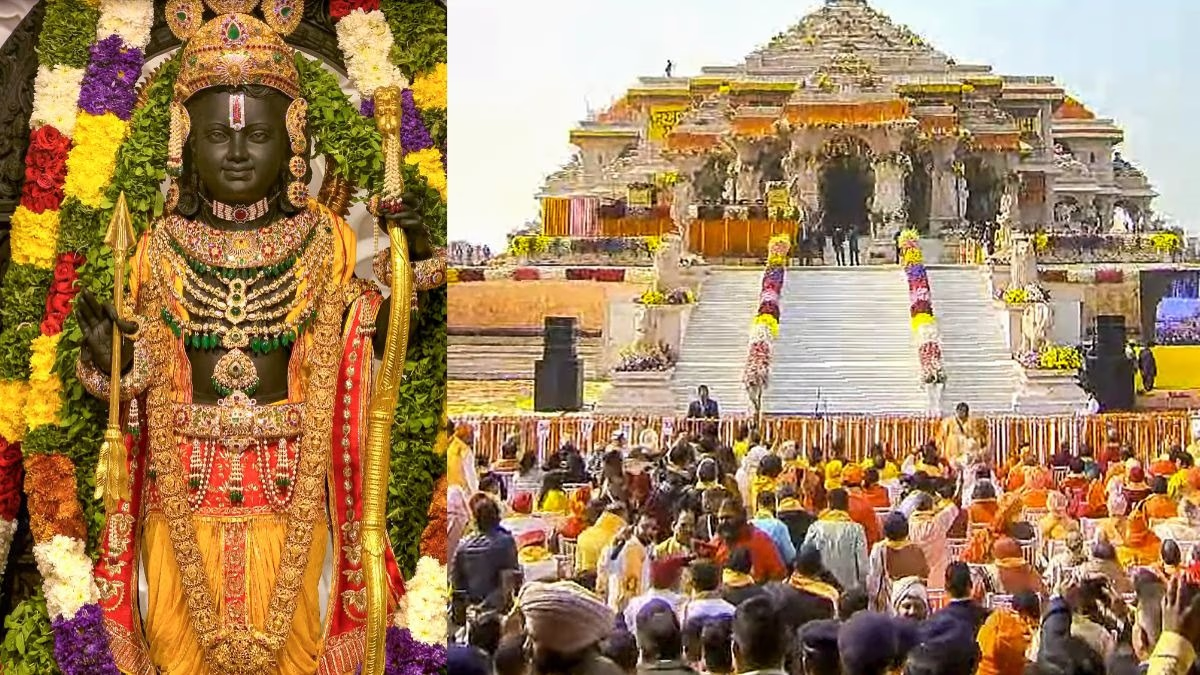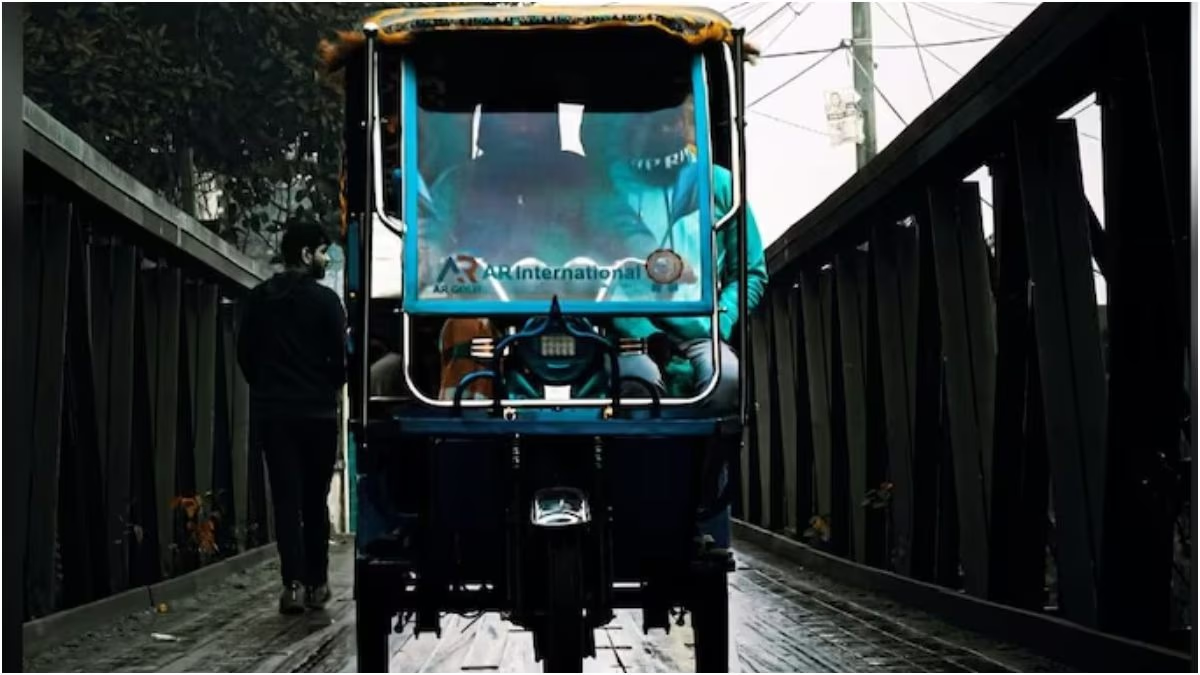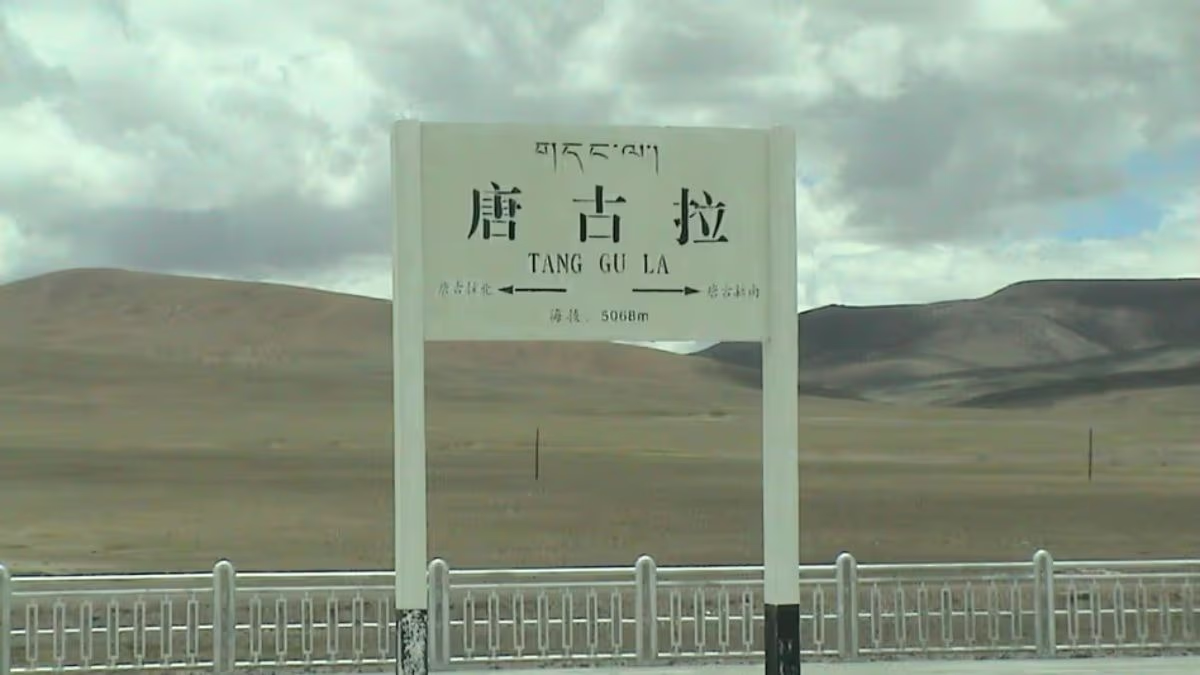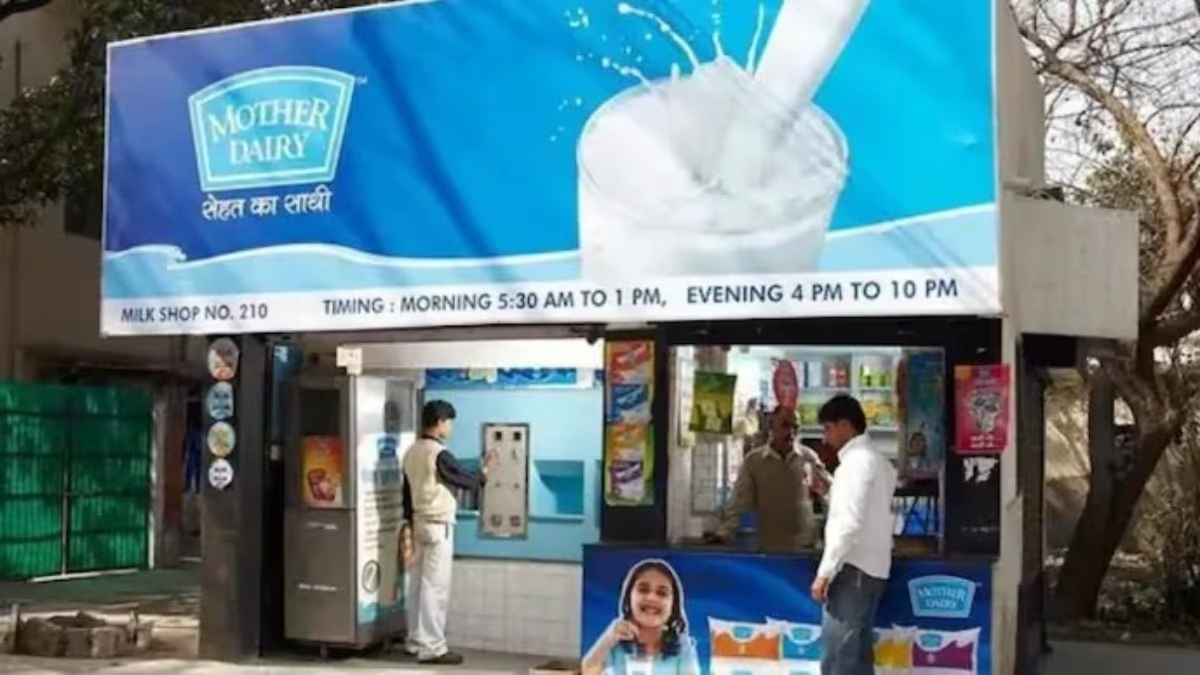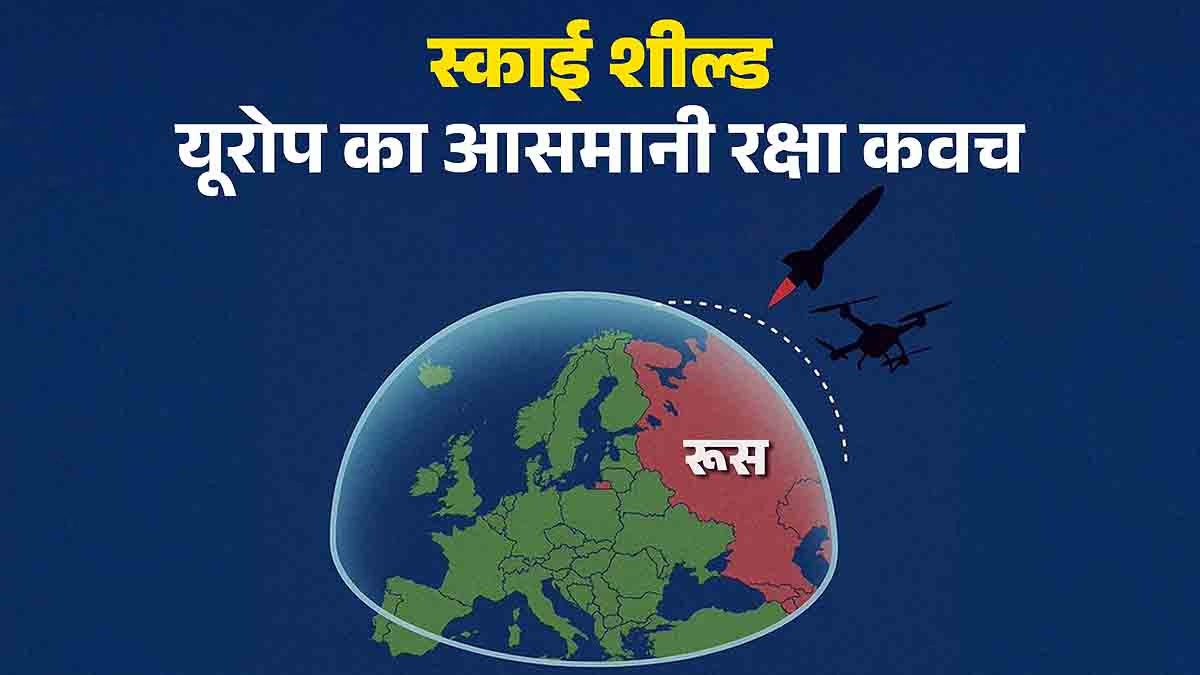The grand opening of the Ram Temple in Ayodhya is set for November 25. There's a possibility that President Droupadi Murmu will preside over the flag-hoisting ceremony. According to a report in the Indian Express, the temple trust, with assistance from the RSS and VHP, is finalizing the guest list for the event.
The report suggests that the theme of the event will be 'Inclusive Society,' primarily inviting grassroots leaders from 24 districts surrounding Ayodhya, such as regions like Awadh, Gorakhpur, and Kanpur. Emphasis will be on including local and marginalized groups. The guest list will feature representatives from Scheduled Castes (SC), Scheduled Tribes (ST), and Other Backward Classes (OBC) from these districts, who aren't traditionally prominent figures but are making significant contributions to society. Clearly, there's a strategic motive behind this initiative.
Key Dates for Bihar Elections and the Main Ram Temple Ceremony
According to officials of the Ayodhya Ram Temple Trust, flag-hoisting rituals will begin on November 23, with the main ceremony on November 25, coinciding with Vivaha Panchami, the celebration of Lord Ram and Sita's wedding. Celebrations will likely start about 15 days prior, setting the stage. A 42-foot-long flagpole has already been installed atop the temple's 161-foot-tall main structure, where the flag will be hoisted. On the same day, flags will also be hoisted on other shrines within the temple complex.
With President Murmu, a tribal woman in India's highest office, officiating the ceremony, the message will resonate far and wide, impacting the Bihar elections as well. Though official dates for the 2025 Bihar assembly elections haven't been announced, they're anticipated to conclude in November.
The Crucial Role of SC-ST and Backward Votes in Bihar
While the Ram Temple event is happening in UP, its message of inclusion will also echo throughout Bihar. Bihar's political landscape heavily relies on caste equations, with SC, ST, and other backward class votes being pivotal. According to the 2023 Bihar caste survey, EBC make up 36.01%, OBC 27.13%, SC 19.65%, and ST 1.68% of the state's 13.07 crore population. Together, they constitute about 84.47% of the populace, whose support is crucial for winning the Bihar assembly elections. EBC and OBC collectively form 63.13%, central to Bihar politics.
The EBC comprises 113 smaller castes (like Nishad, Kevat, Teli, Kumar), economically and socially most deprived. There are plans to invite individuals from these communities to the Ram Temple's grand inauguration. The message is bound to reach Bihar and beyond.
In the 2020 assembly elections, NDA won 24 out of the 38 SC reserved seats, while the Grand Alliance secured 14. EBC and OBC votes gave NDA an edge, with JD(U) awarding 21 tickets to EBC candidates. Out of 243 seats, NDA won 125, with backward votes playing a pivotal role. ST votes are few (1.68%) but influential in tribal areas like Santhal. NDA aims not just to replicate its past success but to expand it.
Addressing Opposition's Queries
The Ram Temple flag-hoisting ceremony by the Shri Ram Janmabhoomi Teerth Kshetra Trust showcases BJP's strategic planning. It's also a response to the opposition's questions during the Ram Temple's consecration ceremonies (January 22, 2024, and June 2024). Particularly, the opposition criticized BJP for not inviting President Droupadi Murmu to the consecration and only including high-profile personalities. This ceremony seems a strategic move to address those concerns.
Congress and other opposition parties, especially Samajwadi Party (SP) and Dravida Munnetra Kazhagam (DMK), sharply criticized the non-invitation of President Droupadi Murmu for the consecration, describing it as a deliberate slight against a tribal woman President, seemingly contradicting social inclusivity. Congress leader Supriya Shrinate tweeted about this as showcasing BJP's mentality, while SP leader Akhilesh Yadav called it a sign of casteist mentality. Now, with the flag-raising by President Droupadi Murmu, it's clear that answers will be given to the critics.
Post-consagration ceremonies, opposition leader Rahul Gandhi in Lok Sabha questioned the exclusive invitation to celebrities like Ambani and Bachchan. Rahul Gandhi termed the consecration as Modi's event, claiming that common people, especially the Dalits, backwards and local communities, were ignored. He pointed out the event as a symbol of social inequality, stating the inauguration was only for the wealthy.
Plans indicate inviting leaders from 24 districts (Awadh, Gorakhpur, Kanpur region) around Ayodhya, including village heads, SC, ST, and OBC community representatives. Notably, the guest list features not prominent faces but individuals making significant contributions to society in their own ways. Around 5,000 guests, with a focus on local and marginalized groups, are prioritized.
The appointment of former IFS officer and RSS official Krishna Mohan to the trust also seeks to send a message; Krishna Mohan comes from a Scheduled Caste background, hailing from Hardoi, and was the yajman couple during the consecration. Their presence in the temple trust represents giving representation to the Dalit community, replacing Kamdev Chaupal (a Dalit), who recently passed away.
A Trump Card for BJP in Eastern UP
The event could be a significant strategy for BJP's assembly and panchayat elections in Eastern Uttar Pradesh in 2027. Purvanchal, encompassing over 24 districts like Gorakhpur, Banaras, Azamgarh, Jaunpur, and Mirzapur, has been a traditional BJP stronghold, though the party suffered a major setback in the 2024 Lok Sabha elections here.
In the 2022 assembly elections, BJP won nearly 70% of seats in Purvanchal, where Yogi Adityanath's image and the Hindutva agenda united Dalit and OBC votes. However, in the 2024 Lok Sabha polls, the SP-Congress alliance won over 10 seats out of 14 in Purvanchal. Even in Faizabad (Ayodhya), BJP lost, where despite the Ram Temple, local dissatisfaction (like displacement due to Ram Path construction) led to reduced vote shares. In Purvanchal, votes from Yadavs (14%), Kurmis (8%), Dalits (21%), and Muslims (19%) shifted towards SP, while BJP's vote share dropped from 45% to 35%.
This decision could also prove effective for the upcoming UP panchayat elections. Focusing on the backward-Dalit communities could be decisive, challenging SP's PDA (backward-Dalit-minority) narrative. As part of this strategy, BJP appointed 70 new district presidents, including 25 OBCs and 6 SCs.
